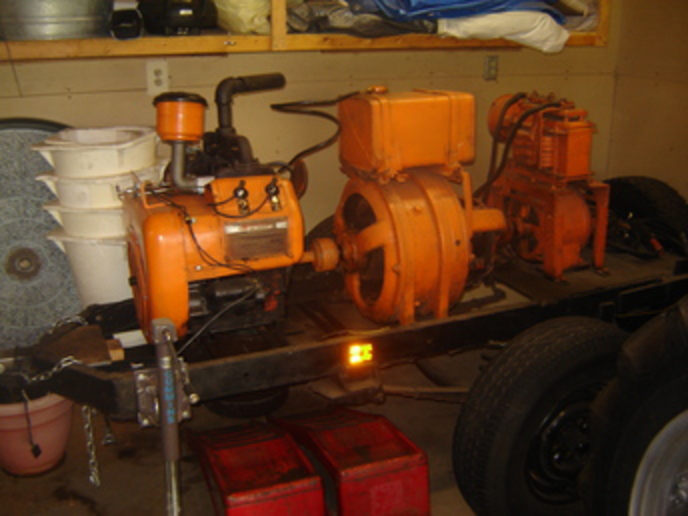Anonymous-0
Well-known Member
Water line that feeds the stalls and the frostfree I want to run to the back yard/stalls runs under the driveway (20 ft cobblestone) between the house and the utility room where it is routed as needed. Have no idea how deep it is other than not deep enough..... No idea how old it is either as it was there when we bought the place. Replacing the whole thing isn't an option because it is buried under the house also. Don't wanna dig up the driveway either unless I absolutely have to... I have these freeze protectors that go on drinkers that are spring loaded (?) and when water expands as in freezing, they open a little for a trickle of water. then close when the water is not expanding... Gonna try one of them in a T where the water feeds into the room if the feed pipe is not busted after the freeze. Now. In case I have to replace/repair the underground pipe (3/4 galvanized), is replacing the section with PEX a good idea for undergouund? And is it OK to run a heat tape with it?
Thanks, Dave
Thanks, Dave


